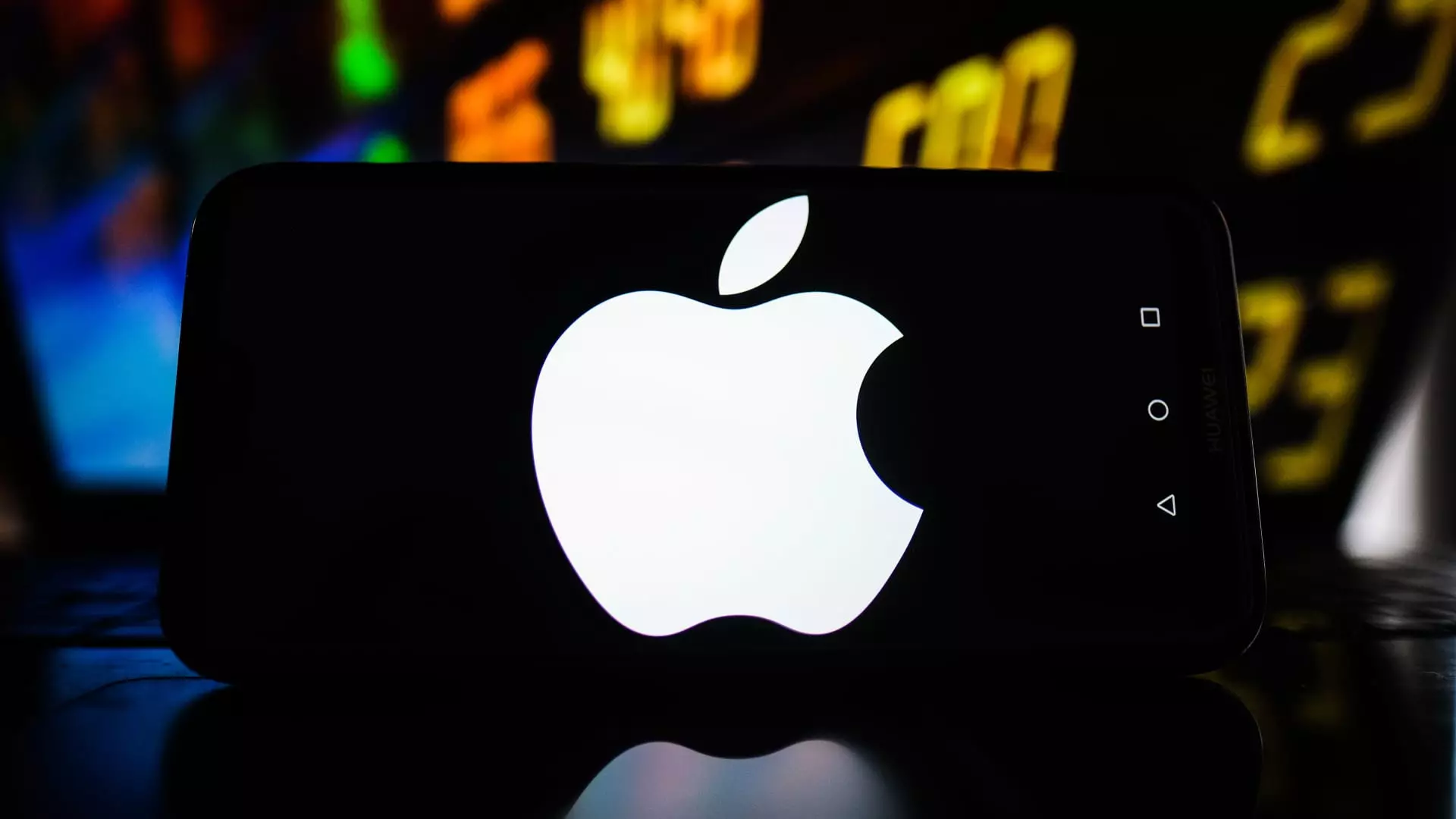September has traditionally been a challenging month for Apple, with the company’s stock experiencing average losses of 3.5% over the past 10 years. This downward trend is in stark contrast to the gains seen in July (6.5%) and August (4.8%). Despite a 3.1% increase in August of this year and an overall jump of nearly 19% in share price, Apple’s stock tends to underperform during the month of its product launches.
Morgan Stanley analysts have suggested that this year’s product announcements could lead to better stock performance than historical data indicates. The focus of the upcoming event is expected to be on the integration of Apple Intelligence into the iPhone 16 model, which could drive demand for the company’s artificial intelligence-related advancements. According to analyst Erik Woodring, Apple has historically underperformed the market on the day of the iPhone launch but has modestly outperformed in the following three months. The introduction of the iPhone 16 and Apple Intelligence may unlock pent-up demand and improve Apple’s performance towards the end of the year.
Woodring also highlighted that Apple shares have historically outperformed when the company shortens its product replacement cycles. He forecasts a contraction in iPhone replacement cycles through fiscal 2026, making Apple a top pick for Morgan Stanley. Woodring remains bullish on the tech giant’s ability to drive a multiyear product cycle refresh and accelerate iPhone replacement cycles. His overweight rating on the stock comes with a $273 price target, representing a potential 19.2% upside from the current price.
On the other hand, UBS analyst David Vogt has a more neutral outlook on Apple’s shares, with a $190 price target indicating a possible 17% decrease over the next year. Vogt expressed concerns about the low consumer purchases of iPhone models in August, citing “risk building into the September launch.” Apple’s iPhones accounted for approximately 46% of the company’s total sales in the fiscal third quarter, further emphasizing the importance of the upcoming product announcements.
Vogt pointed out that if August iPhone units come in around 14 million, in line with recent seasonality, the sell-through in September would need to reach 22.6 million to meet estimates – a 20% year-over-year increase. With Apple Intelligence still in beta and not available in Europe, achieving this target could prove to be a challenging task for the tech giant. As Apple prepares to unveil its latest products on September 9th, investors are cautiously optimistic about the company’s future performance in the stock market.
While historical data suggests that September could be a challenging month for Apple’s stock price, analysts are hopeful that this year’s product announcements could lead to a reversal of this trend. The integration of Apple Intelligence into the iPhone 16 model and the potential acceleration of product replacement cycles provide opportunities for growth. However, with risks looming ahead of the September launch, investors will be closely monitoring Apple’s performance in the coming months.


Leave a Reply